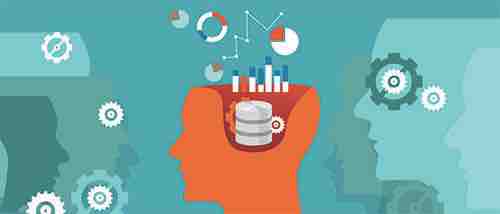Brain-Based Learning Insights in Project-Based Learning: Maximizing Cognitive Development through PBL

At Project Pals, we’re not just advocates for project-based learning; we’re pioneers in melding it with the latest cognitive science research to optimize educational outcomes. Brain-based learning isn’t a separate entity from PBL; instead, it’s woven into its fabric, enhancing the way educators approach student engagement, comprehension, and skill development. Let’s delve into how PBL harmonizes with brain-based education to foster an enriching learning environment.
Active Engagement for Effective Learning
The human brain thrives on active participation. When students delve into the hands-on, collaborative nature of PBL, they’re not just observers but constructors of knowledge. This engagement fosters deeper understanding and strengthens retention. Our Introduction to PBL further elaborates on how this methodology is critical in modern education.
Making Learning Stick: Relevance and Meaningfulness
Our brains prioritize information that connects with our lives or emotions. By aligning with this principle, PBL propels students into scenarios echoing their real-world relevance, thereby anchoring learning in a meaningful context. This approach is aligned with the authentic tasks described in our section on The Role of Authentic Tasks.
The Social Fabric of Learning: Collaboration in PBL
Learning is inherently social, and PBL capitalizes on this by fostering a collaborative environment. When students work together, they cultivate vital social and communication skills, effectively mirroring workplace interactions, which we discuss under Student Voice and Choice.
Enhancing Learning through Feedback and Reflection
Critical to PBL’s framework is the iterative process of feedback and reflection. These stages not only align with educational best practices but also echo the brain’s need for review and adjustment to deepen learning—a concept explored in our section on Reflection, Revision, and Public Presentation.
The Role of Emotion in Learning
Emotional connections can significantly amplify learning. PBL’s dynamic projects create a learning atmosphere charged with curiosity and excitement, thereby enhancing information retention through emotional engagement.
Critical Thinking: The Brain’s Exercise
PBL puts the prefrontal cortex to work, developing students’ abilities in problem-solving and decision-making. By engaging these higher-order thinking skills, PBL prepares students for complex real-world challenges, touching upon the cognitive insights we cover in our Key Components of PBL.
Variety and Novelty: The Spices of Brain-Based Learning
Variety isn’t just the spice of life; it’s a crucial ingredient for keeping the brain engaged. PBL’s varied projects prevent cognitive stagnation, ensuring that learning is always moving forward, a point we highlight when discussing PBL Structure.
The Power of Practical Application
PBL teaches students to apply knowledge pragmatically, creating lasting neural connections. Our discussion on Understanding Driving Questions explains how the inquiry-based nature of PBL fosters this significant cognitive benefit.
Choice and Autonomy: Empowering the Learner
Providing choice within the learning process empowers students, boosts their motivation, and supports personalized learning paths, aligning perfectly with the pedagogical foundations of PBL that we describe in our philosophy section.
Rest and Cognition: Balancing Work with Recovery
Learning is as much about rest as it is about activity. PBL acknowledges the necessity of downtime, ensuring students have moments to reflect and assimilate new information, which are critical for long-term retention.
Miriam, our CEO and Founder, embodies the commitment to intertwining educational advancement with brain-based strategies. With PBL, we don’t just teach; we ignite a lifetime love for learning. Explore our vision and expertise further and consider how PBL is shaping the educational landscape in our Future of PBL predictions.
For a comprehensive look at how PBL intertwines with lifelong learning, don’t miss our section on Lifelong Learning and PBL. And as we march into the future, stay abreast with how AI is revolutionizing PBL in our exclusive segment on AI and Project-Based Learning.
By integrating these insights with Miriam’s expert knowledge, we offer a multi-dimensional perspective on brain-based education’s role in PBL, ensuring Project Pals remains at the forefront of educational innovation.